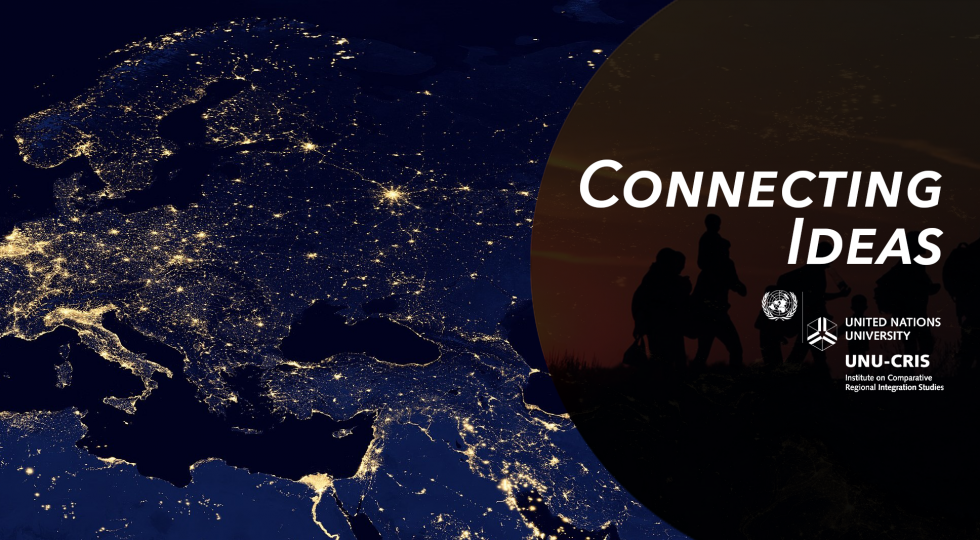The Inadequate Debates on Migration and Society


Four weeks ago, I attended a launch event of ReSOMA, a research platform on European migration and asylum policy that aims to facilitate collaboration between politicians, civil society representatives and civil society in search of feasible, durable and rights-based solutions. This particular workshop focused on the search for durable solutions for rejected asylum seekers, illustrating that the limbo situation in which many rejected asylum seekers find themselves, an issue that stirred the Belgian media at the beginning of December, is a shared concern in many European countries.
The workshop’s program explained how, legally, these people are obliged to return to their country of origin, but they often try to resist return due to factors of structural inequality - both in living standard, safety and freedom - between origin and host country, as well as individual and social factors. As such, the gap between the number of people who receive an order to leave the territory and those who actually leave, the way return policies can or should address this gap, and the possible solutions for rejected asylum seekers – be it integration, resettlement or return – were at the core of the discussions.
This workshop was presented as a ‘research-policy dialogue’. More and more workshops and conferences strive to bring together research and policy, yet they are not always successful in creating a real dialogue. This workshop, however, with mixed panels of discussants reflecting on research results, and brainstorm sessions on ‘out of the box’ durable solutions did succeed in bringing researchers, policymakers and civil society actors into a meaningful discussion with one another.

There was one central agreement – returning to the country of origin after one’s asylum request has been rejected is difficult. There was also unanimity on the fact that it is difficult because people do not want to go and on the urgency for real solutions. Aside from that, the different visions on problems, solutions and needed directions for return policy often seemed far apart. Yet there seemed to be sufficient space to comment on, disapprove or reject each other’s arguments, which created interesting discussions.
Two legal policy analysts stressed that the attempt of the European Commission to gain more control over return procedures and return behaviour of people through the recast Return Directive, endangers the fundamental rights of people. A government representative stated that there is just too much emphasis on rights, while there should be no acceptance that people violate the laws and remain when they are not allowed. He called for a more restrictive return policy and more resolute action. This was replied to by strong arguments against a more restrictive policy from different angels: the fact that more restriction does not lead to the intended aim of reducing the gap in the return figures, and the call to consider the fact that the European labour market desperately needs more migrants, for example. The argument that politicians cannot support increased migration in a democratic society with little public support was again countered by the notion that it is the task of politicians to explain to the public what is really needed to be able to govern a society and to manage migration.
While listening to the debate, it struck me that this discussion, and certainly the plea to look at the bigger picture of what we need as a society, with strong and accurate figures, fails to receive the due concern of researchers in many debates on migration and migration policy. Although, this could potentially be a promising path to go beyond the symbolic role of migration discourse. However, one speaker singled out an even more vital question, referring to the example that the more restrictive turn will open vacancies for ten thousand European border guards. The question of if this is what we want as a society, or what kind of society this creates is, both tellingly and troublingly, omitted from the debate.
